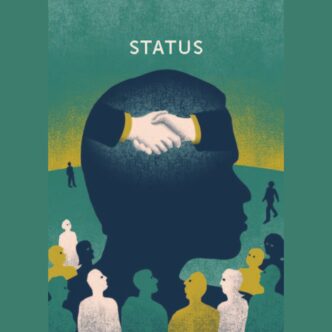The Emotional Need of Status & Respect
Each month at Suffolk Mind, we focus on an emotional or physical need. Just as we have physical needs for food, drink, sleep and movement, we have emotional needs too which need to be met for us to stay well. Here, we focus on Status & Respect.
It feels great when we are valued by the people around us, but meeting the need to feel respected is about more than lifting our mood. When people show us genuine respect, it tells us something important about ourselves and how we fit into the world around us. When we don’t feel that we are respected it can have a negative effect on our self-esteem. But giving and receiving real respect is about more than platitudes – so how do we tell the difference?
How do we know that we are really respected?
We know when the praise we receive doesn’t ring true. It might be nice to be told how wonderful we are, but if it doesn’t match the way we are treated the effect soon wears off!
Instead, making sure that we acknowledge the things which people do for us lets them know that we really value them and that they are not taken for granted. Taking the time to tell somebody, “your help and support really made a difference to me, so thank you,” is an important part of nurturing healthy relationships.
Be careful what you praise
Children, too, know when the feedback they receive is genuine, and researchers have shown that what we praise is as important as how we praise.
When children who successfully solve problems in a classroom are told that they are intelligent, they give up more quickly when given a follow task which is too difficult. By contrast, children who are praised for the effort they put into a task, keep going even when faced with tasks which demand more than they are usually capable of.
One lesson s that if we show children – and adults too! – respect for what they do, it encourages them to do more of the same and to keep growing.
Status & Respect shapes our sense of self
Having a healthy sense of self enables us to know our own mind; make our own life choices; stand up for ourselves; and to be resilient in the face of adversity. According to psychologists, our sense of self is partly shaped by the respect other people show us – a good reason to be careful about what we respect and how we show respect too!















